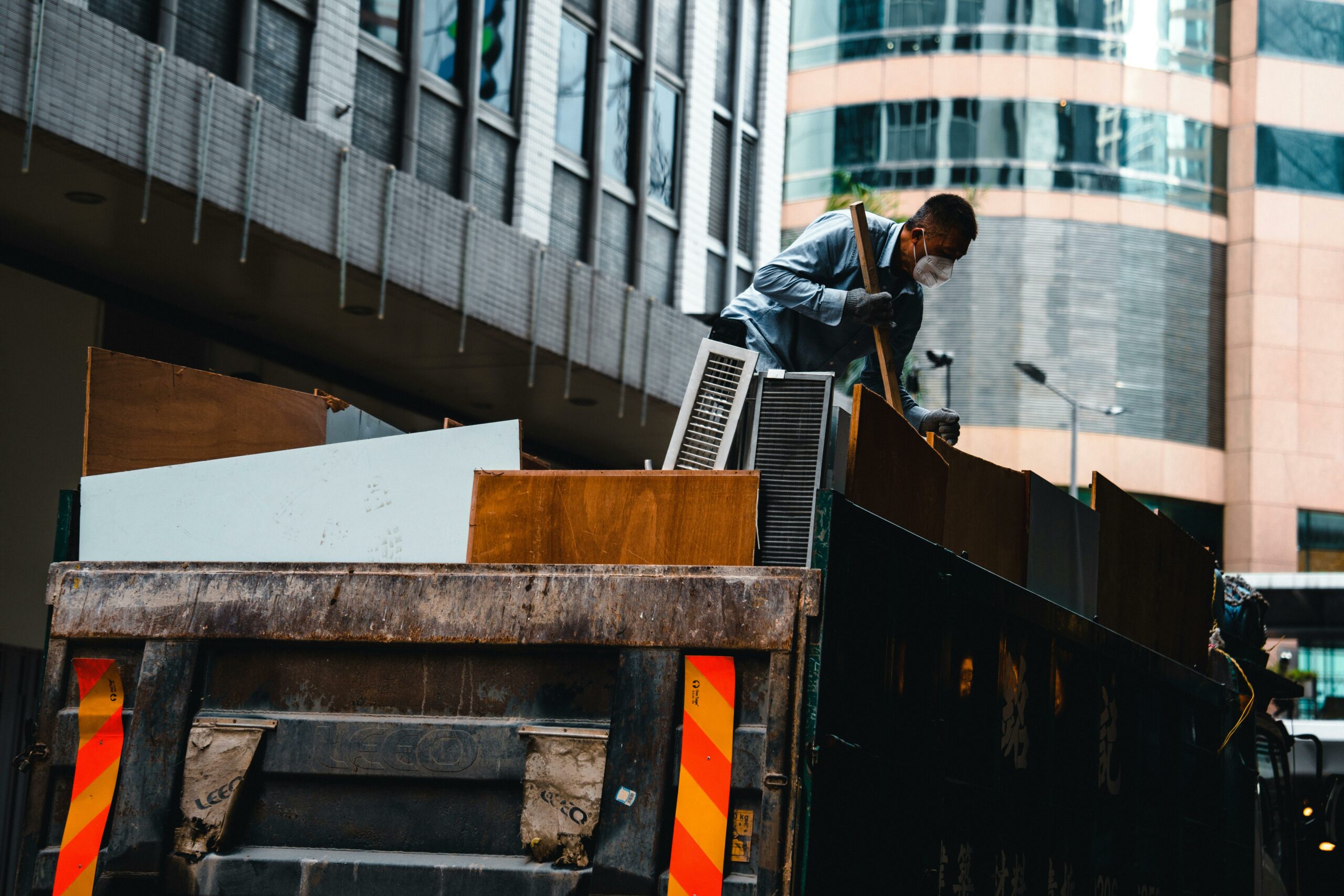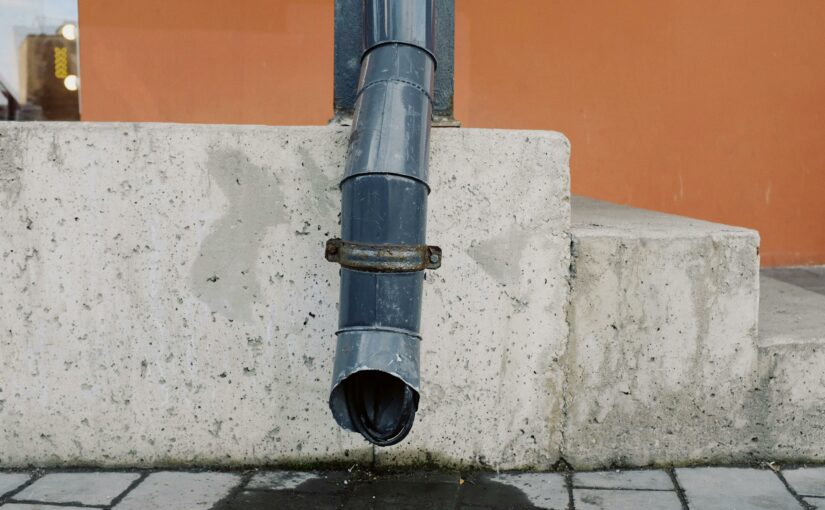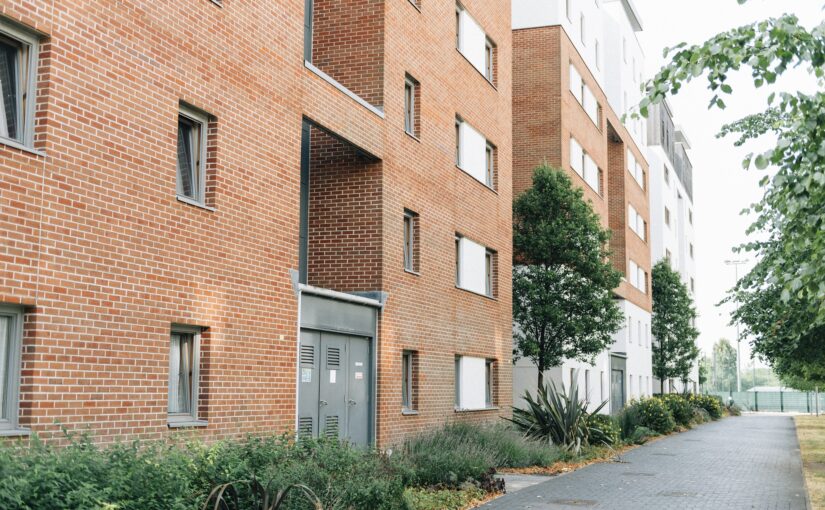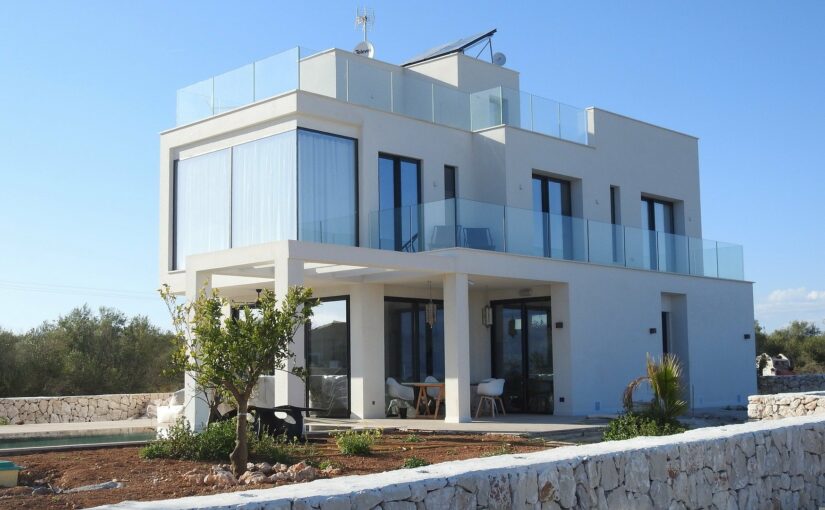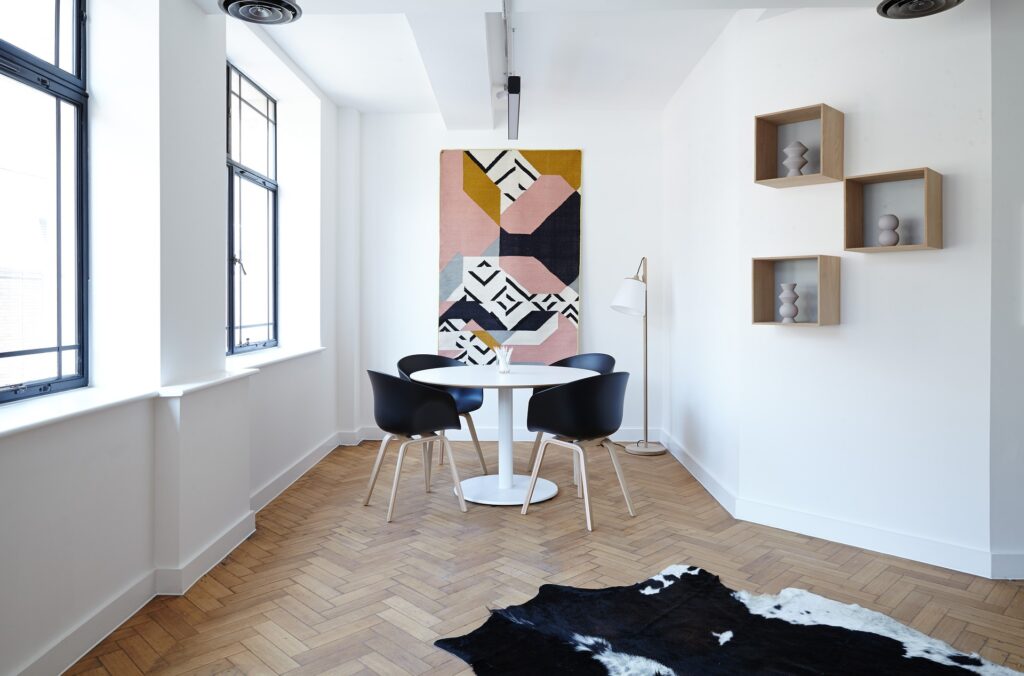As a property investor, you know that the aesthetics and condition of your property matter. Ensuring a clutter-free space is key to maximizing your return on investment. Part of that strategy involves regular rubbish removal, from general debris to specific room contents.
Whether you’re conducting renovations or simply aiming for a clean, appealing property, efficient waste management is essential. By utilizing services like bedroom removals, you maintain the good condition of your spaces and make them more attractive to potential renters or buyers.
Proper rubbish removal not only enhances the appeal of your properties but also prevents any potential health hazards that can affect their value. Remember, your property’s worth is tied directly to how well it is maintained and presented.
The Significance of Rubbish Removal in Property Investment
When diving into the world of property investment, one aspect that often gets overlooked is the importance of rubbish removal.
Hygiene and Safety
Maintaining a clean environment supports both the physical and mental wellness of those living or working in your property.
Rubbish removal also minimizes the risk of encountering harmful substances or pests, which are detrimental to health.
Boost Property Value
Properties that are free from clutter attract better tenants and potentially earn higher rental income.
Moreover, it helps enhance the property’s aesthetic appeal which can be a big sell for potential investors.
Sustainability & Reputation
A solid waste management plan reduces environmental impact thus contributing to sustainability.
This not only benefits the planet but also enhances your reputation as a responsible investor.
Challenges in Effective Rubbish Management
Your property may face challenges in rubbish management, such as speedy accumulation or inappropriate disposal methodologies, which can affect its overall value.
Avoid Accumulation
It’s important to ensure that rubbish doesn’t pile up. Accumulated waste not only degrades your property aesthetics but also creates health hazards.
You should devise a regular trash removal plan. This will maintain cleanliness around your property, thereby contributing to a healthier living environment.
Disposal Methodologies
The method you choose for trash disposal matters significantly. It must adhere to established safety procedures and environmental preservation guidelines.
Improper waste disposal can cause long-term adverse effects like pollution and soil contamination. Therefore, it’s wise to opt for professional rubbish removal services.
Maintaining Property Appeal
Clean residential surroundings add to your property value. Thus, effective rubbish management can indirectly contribute to a rise in your investment returns.
Simultaneously, it enhances the appeal of your property, making it more attractive to potential buyers or tenants seeking a well-maintained place to reside.
The Cost of Trash Removal
Dealing with rubbish removal is a necessity when you’re investing in property. It’s an integral part of the process that can surprisingly impact your budget.
Discarded waste manifests in many forms, each influencing the cost of removal differently. Knowing what to expect monetarily can help you prepare adequately for this expense.
You might deal with debris from renovations, garden waste, old appliances, or unwanted furniture. The variety and volume of trash contribute substantially to the cost.
- Size and Weight: Larger, heavier items typically cost more to remove due to handling requirements and disposal charges.
- Type of Debris: Certain refuse like electronics or hazardous materials often incur additional fees due to specialized disposal needs.
- Location: Remote properties might face higher charges due to increased transport distances involved.
You should also factor in labor prices for physical loading and haulage. Some companies offer services encompassing this aspect too.
Detailed information on potential costs is available at Costhelper.com. It provides a range for various types of waste removal.
Tailoring rubbish removal plans to suit your project helps effectively manage resources. An accrued understanding aids not just decision-making, but also overall investment efficiency.
Scrutinizing every detail can provide valuable insights into hidden costs. Being forewarned helps you avoid unexpected expenditure, establishing a solid foundation for successful property investment.
Rubbish Removal Solutions for Different Properties
Addressing waste problems begins with identifying the kind of property you have. Different properties require varied rubbish disposal strategies.
Residential homes often accumulate general household waste. This could include food scrap, paper products, or broken toys and furniture.
Commercial establishments demand more specialized rubbish removal services. They collect a significant amount of electronic and hazardous waste.
On the other hand, construction sites amass vast quantities of building debris like bricks, concrete, wood, metal, and glass materials.
- Regular Cleanout Services: Ideal for homes; ensures your living space is clutter-free.
- Hazardous Waste Management: Essential for commercial outlets that handle chemicals and toxic materials.
- E-Waste Recycling: Great option for offices that frequently update their tech equipment.
- Construction Debris Hauling: Required for renovation or new building projects; helps manage bulky building materials.
Choose a rubbish removal company that caters to your kind of property’s needs. They must easily handle the specific types of waste you generate.
Hiring a professional can save time, resources and reduce potential health risks associated with improper waste handling. Ensuring a clean environment is key to profiting from any property investment.
Green and Sustainable Rubbish Removal Methods
Investing in property requires you to pay attention to rubbish removal. A clean environment is crucial for attracting potential renters or buyers.
What is green rubbish removal?
Green rubbish removal refers to sustainable and eco-friendly methods of getting rid of waste. This often includes recycling and composting.
Why is green rubbish removal important?
Proper waste disposal is essential in maintaining the happiness and health of your occupants. Moreover, it helps protect our environment from further degradation.
How can I implement green rubbish removal?
You can start by separating recyclables, composting organic waste, hiring eco-friendly waste removal services, or donating items that are still usable.
How does it affect property value?
A well-maintained property traditionally upholds a higher value. Eco-conscious tenants and buyers are increasingly attracted to properties with green initiatives.
What are some notable advantages?
Beyond environmental benefits, green strategies enhance your property’s reputation, lower disposal costs over time, and contribute positively towards community health.
Role of Professional Services in Rubbish Removal
Professional rubbish removal services play an integral part in property investment. Their expertise ensures safe and effective trash management, elevating your property value.
They are versed in dealing with different types of waste, from household clutter to commercial debris. This results in a cleaner, more appealing property.
- Efficiency and speed: Expert teams handle waste disposal quickly, allowing for faster property turnover.
- Compliance with regulations: Professionals understand local laws, ensuring waste removal aligns with all legal requirements.
- Environmental responsibility: Professional services typically prioritize recycling and responsible waste management, contributing to green initiatives.
- Safety assurance: Hiring experts minimizes risks associated with improper waste handling like injuries and potential lawsuits.
Avoiding the hassle of rubbish removal not only saves time but also reduces stress. This way, you can focus your energy on important aspects of investments.
Taking advantage of professional rubbish removal services adds a significant selling point to your properties. It communicates that you prioritize cleanliness and proper maintenance.
Bulk Trash Removal: A Solution to Copious Waste
Heaps of waste prove harmful. Astounding quantities of unwanted items pile up quickly, leading to troublesome situations for property investors.
Cutting Rubbish Overload
To tackle this, consider using a bulk trash removal service. They ensure swift, organized elimination of excessive waste, easing stress and maintaining cleanliness.
Investor Benefits
The benefits extend past cleanliness. It raises property appeal and potentially increases rental or sale value. Clean spaces not only look better but feel better too.
Urgency Matters
Procrastinating on waste removal is dangerous. Leaping onto rubbish control swiftly saves time, energy and potential future complications with property investments.
Importance of Recycling in Rubbish Management
You’ve been drawn to property investment, but are you paying attention to your rubbish management? It’s more essential than you’d initially believe.
An Effective Savings Strategy
Efficient rubbish recycling can significantly cut down environmental costs. It’s an effective savings strategy that too many property investors overlook.
Improper waste management could lead to substantial fines so it’s not a risk worth taking. Your investment deserves careful, responsible rubbish management.
Environmental Responsibility
Recycling is vital for the environment. Less waste in landfills equals less methane emissions which directly impacts climate change.
Beyond the financial incentives, think about the legacy you’re leaving behind. Are you contributing to a cleaner, healthier world? That’s something to be proud of.
A Strong Reputation Boost
Adopting green initiatives like recycling can significantly elevate your reputation, attracting ethical tenants and investors to your property. You can find out more about waste-to-energy approaches here.
Increase Property Value
Effective waste management can boost your property value substantially making it a more appealing prospect for potential investors or buyers.
Don’t underestimate what robust rubbish management and recycling practices can achieve for your property investment journey.
How Timely Rubbish Removal Boosts Property Value
As a property investment strategy, regular rubbish removal goes beyond just maintaining cleanliness. It keeps your property attractive, ensuring a steady increase in its value.
Rubbish removal not only improves the aesthetic appeal of your property but also enhances its functionality. Overflowing waste can invite pests and lead to structural damage.
- Maintaining Aesthetic Appeal: Regular garbage removal keeps your property visually pleasing, attracting potential tenants or buyers.
- Preventing Structural Damage: Overflowing rubbish can cause water logging, mold growth, or even structural damage affecting the property’s lifespan and value.
- Ensuring Health and Safety: Timely waste management reduces health risks associated with garbage buildup, thus promoting a safer environment.
- Boosting Confidence in Tenant or Buyer: A clean and tidy property exudes a well-maintained image, boosting confidence in potential tenants or buyers.
Prioritizing garbage management demonstrates responsible stewardship and reflects positively on your property’s appeal and value. A clean environment attracts better opportunities.
By consistently prioritizing cleanliness, you keep your property’s value at its peak. This practice leads to prosperous rental yields and lucrative reselling values.
Handling Household Rubbish: DIY Vs Professional Services
As a property investor, you understand the importance of effective rubbish removal. It’s crucial to balance time, effort, and cost when managing it.
You might consider handling household rubbish yourself (DIY). With a routine in place, you can manage minor waste efficiently. It also saves you service fees.
But larger projects or ongoing treatments may require professional assistance. Experts in the field offer comprehensive services and ensure safety and compliance standards.
| Considerations | DIY | Professional Services |
| Time | Requires your time and effort. | Saves your valuable time. |
| Cost | No service fee. | Incurs a service fee. |
| Safety | Risks injury without proper equipment and knowledge. | Guarantees safety with trained staff. |
| Compliance | Possible legal issues without understanding regulations. | Upholds legal standards and handles paperwork. |
| Your decision depends on the complexity and size of the task, and other responsibilities you have towards the property. |
If you aim to prioritize time and safety, delegating this task to professionals is beneficial. Plus, they stay updated about the ever-changing regulations.
Avoid possible harm or fines due to non-compliance. Professionals ensure legal matters are appropriately handled – no more worrying about complex regulations!
Act Responsibly
Your choice matters. Whether you opt for sustainable methods or professional services like Same Day Rubbish Removal, remember: that effective rubbish management is crucial for successful property investment and boosts its value.
